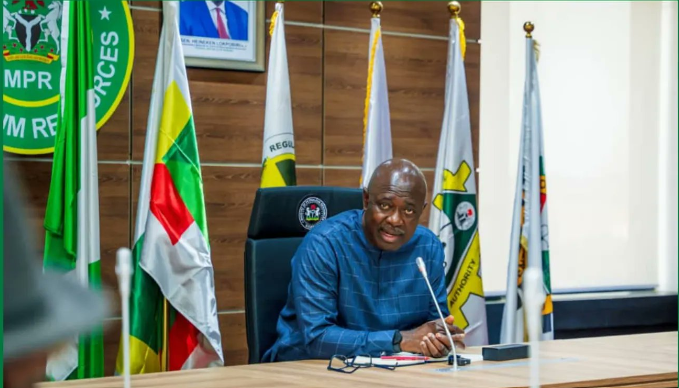
The Nigerian Export Promotion Council has charged exporters to leverage trade agreements to gain access to the international markets, noting that many Nigerian exporters are not aware of these trade deals.
Speaking at a workshop on utilising trade agreements for improved performance of the non-oil export sector in Nigeria on Wednesday, the Acting Regional Coordinator, NEPC South West office, Mrs Bolanle Emmanuel, said trade agreements would also make exporters compete with their contemporaries, especially at a time when the cost of production is high in the country.
The move comes at a time when the major challenge facing Nigerian exporters is the high cost of production and the lack of competitiveness in international markets. This is worsened when exporters are unaware of or unable to leverage international and regional trade agreements that could give them duty-free or low-tariff access to foreign markets.
Speaking on how well Nigeria’s non-oil sector has fared so far, she said the volume and value of Nigeria’s non-oil exports are increasing.
“So, we can only get it done better if we explore more of the African Continental Free Trade Area and the ECOWAS free liberalisation scheme.
“It’s really interesting, and it’s getting better. When you compare this year, last year’s exports, and previous years. This year’s exports are better. Even the first two quarters surpass what was exported last year,” she stated.
The PUNCH reports that NEPC announced that Nigeria’s non-oil exports climbed to $3.225bn in the first half of 2025, marking a 19.59 per cent increase over the $2.696bn recorded in the same period last year.
“The cost of production in Nigeria is quite expensive, but when you now have to pay duties, taxes, and quotas, it makes it more expensive at the other end, meaning that the products will no longer become competitive in the international markets.
“But when we equip our exporters with this knowledge, they will know what trade agreement exists in the country they are planning to export to. The AGOA expired in September. We have not had any information on whether it’s going to be extended or not, like it has been in times past. So, for exporters who have been utilising that, they should know about other markets they can explore.
“My final message is that exporting under a free trade agreement is more profitable than having to export to countries where you have stringent rules, where you have to pay duties, and where you have to pay levies, which will add more to your cost of production,” she stressed.
SOURCE: PUNCH NEWSPAPER



